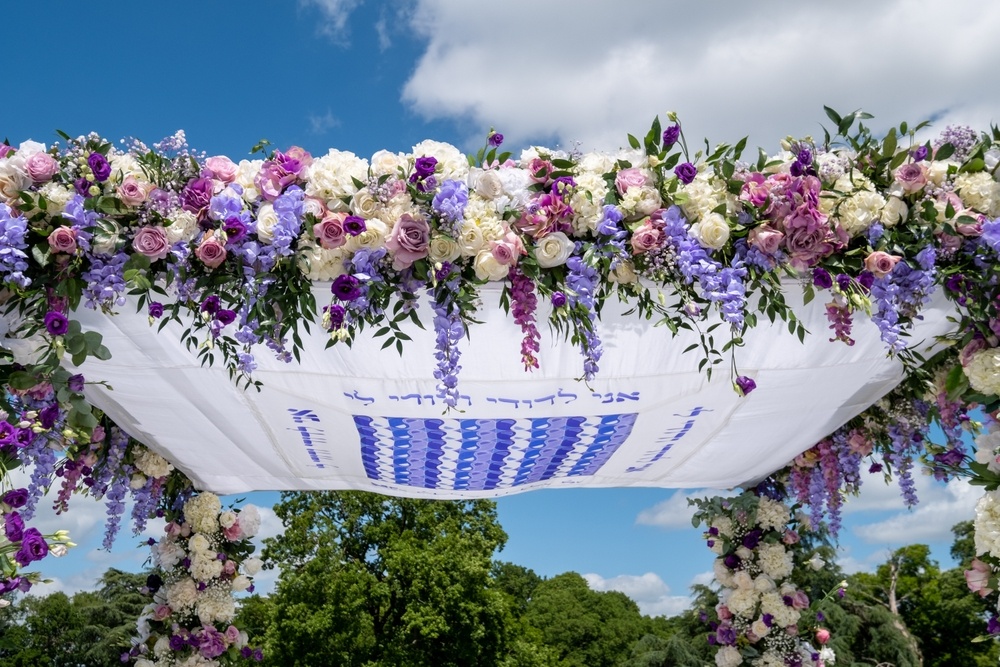
One of the most famous of Biblical stories is that of Yaakov being tricked into marrying Leah by his uncle Lavan. It is so familiar that we often do not give the story much thought. Taking advantage of his nephew, Lavan substitutes Leah for Rachel. When confronted with his deceit, Lavan innocently answered (no doubt with a smirk) that unlike where you come from, “we do not, in this place, give the younger before the older” (Breisheet 29:26).
As to why Lavan would risk upsetting and losing his dedicated worker, one who as the Torah later notes, brought him great wealth, we can only speculate. One normally cheats in order to get ahead and there seems little reason to alienate one's best worker – not to mention a nephew. Apparently, Lavan took a calculated risk – and was “successful" in his gambit. Seeing the love Yaakov had towards Rachel he reasoned that Yaakov would agree to work another seven years so that he could marry her. After all, the Torah tells us that those initial seven years flew by, “they were in his eyes but a few days in his [Yaakov’s] love of her” (Breisheet 29:20). For a “few more days” he could have a great worker for seven more years. Give him Rachel now and Yaakov may leave for home.
If we may understand Lavan’s motivation it is hard to understand how he pulled off the ruse. Our Sages posit that Yaakov and Rachel developed secret signals between them to prevent exactly this scenario. They knew Lavan well. When Rachel realized they would actually need to use the signals she decided to spare her sister of terrible embarrassment and gave her the signals, allowing Leah to “trick” Yaakov into believing she was actually Rachel[1].
Yet as touching as this thesis is it raises more even more questions. What about Yaakov’s embarrassment? What right did Rachel have to do this to Yaakov? What did Rachel think would happen in the morning? Was she not afraid Yaakov would reject her and leave without marrying her? Leaving those moral questions for now there is a much more basic question. How in the world did Lavan – and Rachel and Leah – pull this off? Is it conceivable that Yaakov “came unto her” (Breisheet 29:22) and did not recognize it was not Rachel, even in the darkness of night? We know they did not look alike as the Torah just a few verses earlier tells us that “Leah’s eyes were delicate and Rachel was beautiful of form and beautiful of appearance”. (Breisheet 29:17) And what about her voice? Could it be that Leah sounded exactly like Rachel? Did they not speak to each other?
“And Lavan gathered all the people of the place and made a [wedding] party" (Breisheet 29:22). Some have suggested that Lavan made the party in order to get Yaakov drunk so he could be easily fooled. If so, one wonders why the Torah does not tell us he got drunk and as Noach and Lot before him engaged in relations unknowingly.
I would like to suggest that Yaakov was not tricked, and he too not wanting to embarrass Leah was in in on the plans. In other words, Rachel and Yaakov decided together that they would allow Leah to marry first – perhaps even agreeing with Lavan that it is inappropriate to marry the younger before the elder.
Our Sages assert that it was this act of self-sacrifice of Rachel, that it is Rachel’s prayers and her prayers alone that G-d listened to as the Jewish people were exiled from the Land [2]. “So says the Lord: A voice is heard on high, lamentation, bitter weeping, Rachel weeping for her children, she refuses to be comforted for her children for they are not. So says the Lord: Refrain your voice from weeping and your eyes from tears, for there is reward for your work, says the Lord, and they shall come back from the land of the enemy. And there is hope for your future, says the Lord, and the children shall return to their own border” (Yirmiyahu 31:15-17) .
When G-d changes Yaakov’s name to Yisrael G-d says to him, And G-d said to him,“I am El Shaddai. Be fertile and increase; a nation, and an assembly of nations shall descend from you. Kings shall issue from your loins” (Breisheet 35:11). Had Yaakov married Rachel, he surely would never have married Leah. And being that Leah alone of our matriarchs was not barren it would not have been possible for Yaakov to father the 12 tribes.
If Rachel’s reward is that her tears are heard on high, perhaps Yaakov’s reward is that he is father of B'nei Yisrael. It is he who turns a family into a nation.
Yaakov and Rachel gave up on their love so that Leah would not be embarrassed. It is hard to think of a greater act of self-sacrifice. This caused much tension at the time – between Yaakov and Lavan, Yaakov and Rachel, Yaakov and Leah and Rachel and Leah – but the self-sacrifice led to the founding of the Jewish people and will bring about the redemption of our people. May that day come soon.
[1] This teaching, demonstrating the extent to which Rachel went to avoid embarrassing her sister, is that much more powerful when one stops to think about what would happen in the morning as all came to light. There would be not only embarrassment but also anger. Yet to prevent someone from being embarrassed even for but one night is of great merit.
[2] What is even more remarkable is that with the loss of the ten tribes, Rachel's prayers were only for the descendants of Leah.



